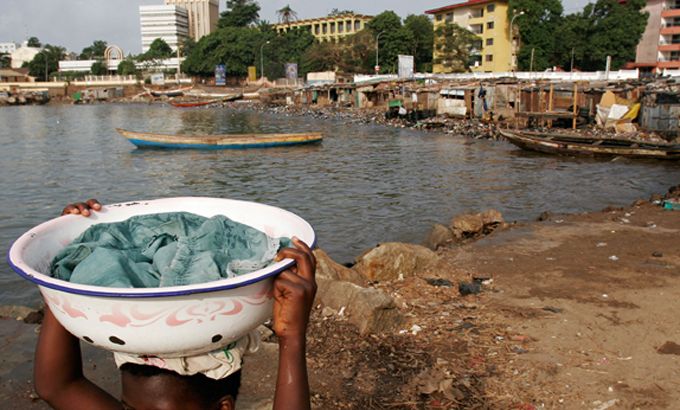Ebola virus reaches Guinea’s capital Conakry
Four new cases are first to be reported in capital since outbreak that has so far killed at least 63 people.

Four cases of infection by the deadly Ebola virus have been confirmed in Conakry, Guinea’s Health Minister Remy Lamah said, marking the first confirmed spread of the disease from rural areas to West African state’s capital.
The minister said on Thursday that the virus appeared to have been transmitted by an old man who showed symptoms of haemorrhagic fever after visiting Dinguiraye in central Guinea, far from the identified outbreaks of Ebola in the remote southeast.
Four of the man’s brothers, who attended his funeral in the central town of Dabola, started to show the same symptoms and were tested for Ebola on their return to Conakry.
“The four tested positive,” Lamah told Reuters. “They have been placed in an isolation ward in Donka hospital.” The man’s family has also been quarantined, the minister said.
The spread of the disease to Conakry, a city of some 2 million people, marked an escalation in the Ebola outbreak in Guinea, which ranks as one of the poorest nations on earth despite rich deposits of bauxite and iron ore.
As of Wednesday, 63 deaths had been reported from suspected cases of infections.
Governments spooked
Ebola had never spread among humans in West Africa before February but five deaths being investigated in Liberia, one in Sierra Leone and others still being tested could bring the total in the epidemic to above 70.
The spread of Ebola, one of the most lethal infectious diseases known, has spooked nations with weak health care systems. In Guinea’s southeast, home to all the confirmed cases, residents are avoiding large gatherings and prices in some markets have spiked as transporters avoid the area.
Ebola was discovered in 1976 in then-Zaire, now Democratic Republic of Congo. Scientists have identified the outbreak in Guinea as the virulent Zaire strain of the virus.
The virus causes a raging fever, headaches, muscle pain, conjunctivitis and weakness, before moving into more severe phases of causing vomiting, diarrhoea and unstoppable bleeding.